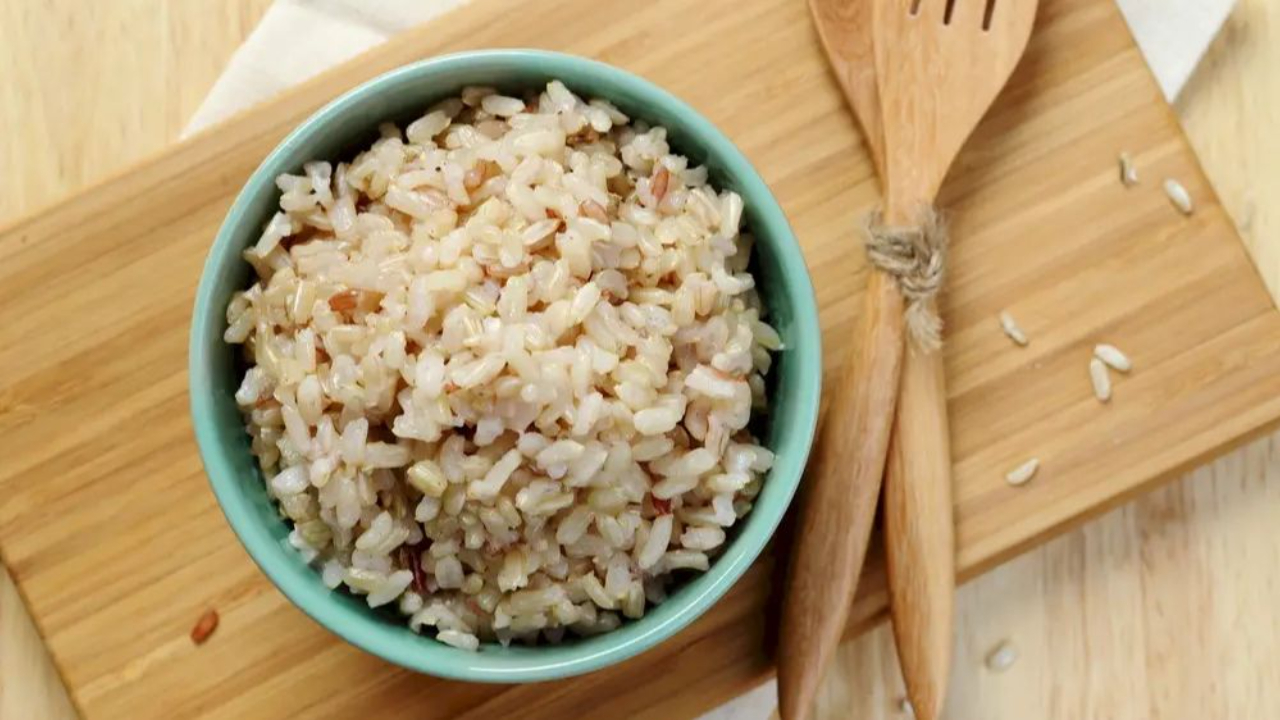
Should I Be Concerned About Arsenic in Brown Rice?
Mar 26, 2023As you continue your path as a Ruan Detox Warrior, you have likely come across the question of whether or not there is arsenic in brown rice. This question is not new. In fact, as you traverse through blogs and sift through information pertaining to your health, you have likely found that this question is a popular one.
There is a long and a short answer.
The short answer is yes, there tends to be arsenic in brown rice. This answer sometimes startles people. After all, arsenic is bad, right? In fact, it is not as cut and dry as that, and to answer it more fully it needs to be broken down a bit.
Context is Everything
In order to fully understand what brown rice arsenic levels mean, it is necessary to have some context around what, precisely, arsenic is, and what arsenic exposure really means for the body.
First and foremost, it is important to note that brown rice's arsenic content should not be an immediate cause for alarm. Perhaps more importantly, the amount of arsenic is not the same across the board in different rices, and some types of rice have higher levels of arsenic than others.
Let’s break down what precisely arsenic is, and better get a grasp on what it means for the body.
What is Arsenic?
We should start with defining what arsenic is, which is simply a component of the earth’s crust. It’s true that arsenic has been used in the past in such things as pesticides, which tends to make people believe that it is a chemical additive or by-product. The reality is it is naturally occurring, and even quite common.
Because of this, varying levels of arsenic can be found in the earth’s environment, and ultimately, sources of our food and drinking water. But there are different types of arsenic, and this distinction is crucial.
Types of Arsenic
Organic arsenic and inorganic arsenic mean different things for the body. And in this instance, the term “organic” doesn’t mean the same as a label on your food. Organic and inorganic, in this instance, are chemistry terms. On a simplified level, they are used to decipher the molecule construction and, specifically, the framework of carbon atoms.
Organic arsenic compounds are attached to carbon atoms, whereas inorganic arsenic compounds do not contain any carbon. While you might not understand why this makes such a difference, the important takeaway is that inorganic arsenic compounds are considered to be toxic. This means that long-term exposure to arsenic (especially high levels) can be harmful to humans.
So, are there dangerously high levels of arsenic in brown rice?
Arsenic Levels in Brown Rice

Absorbent, rice soaks up water quickly, regardless of whether the water is hot or not. And when it comes to arsenic in rice, Since groundwater often has high levels of arsenic, these growing conditions can lead rice to absorb arsenic from its surrounding environment.
Remember, arsenic is naturally occurring. Therefore, in rice paddies, for example, it is possible that rice is absorbing not only the natural sources of water, but also the arsenic within it.
This is what tends to set off alarm bells in people who are hoping to eat healthy and eliminate toxins from their body. According to the professionals at the USA Rice Federation, the health benefits of brown rice can outweigh the potential risks of the brown rice’s arsenic content.
To that point, Doctor Keith Ayoob, Associate Clinical Professor, Department of Pediatrics with the Albert Einstein School of Medicine states the following about arsenic in rice:
“Arsenic has always been present in many of the foods we eat, including fruits, vegetables and rice. There are no documented cases of rice causing adverse health effects. In fact the opposite is true, many populations that consume up to five times more rice than Americans have lower disease rates and healthy diets overall. The health benefits of rice should not be overlooked. It plays an important role in maintaining a healthy, nutritious and wholesome diet.”
That said, avoiding excessive arsenic exposure from rice is still important — especially if you eat a lot of rice regularly. Dr. Carolyn Murray at Dartmouth puts it best:
“Rice can be part of a low arsenic diet, but it’s important to vary your grains. If you do eat rice, there are lower arsenic varieties to choose from, and cooking your rice like you cook pasta reduces arsenic even more. Anything that reduces your arsenic exposure is a good choice, especially for pregnant women and children.”
Stay Healthy
Rice can be a part of a healthy diet. However, if you can select rice types that have been found to have lower arsenic levels, then that mindfulness can lead to a lifetime of lower arsenic exposure. For more specific tips on how to detox arsenic from rice and rice byproducts, read our article, “Arsenic In Rice: What You Should Know.”
In addition, our Ruan Living Shopping Guides include the specific rice types and brands that our founder, Sophia Ruan Gushée, selects for her family. The Shopping Guides are accessible to members of the D-Tox Academy. To learn more about joining, click D-Tox Academy.
Detoxing the body is not a single step, but a consistent journey. That means considering everything you consume carefully and adjusting your habits accordingly. The D-Tox Academy can support and guide you so that you save time and stress.
Stay healthy and continue your detox journey by continuing to look into the foods you consume, and understanding the real risks, or benefits, they pose. The D-Tox Academy will also help you avoid chemicals and heavy metals in the foods you buy. The Ruan Living Shopping Guides include pantry staples in our Ruan Living kitchens. Click here to learn more about what else you gain from joining the D-Tox Academy.



